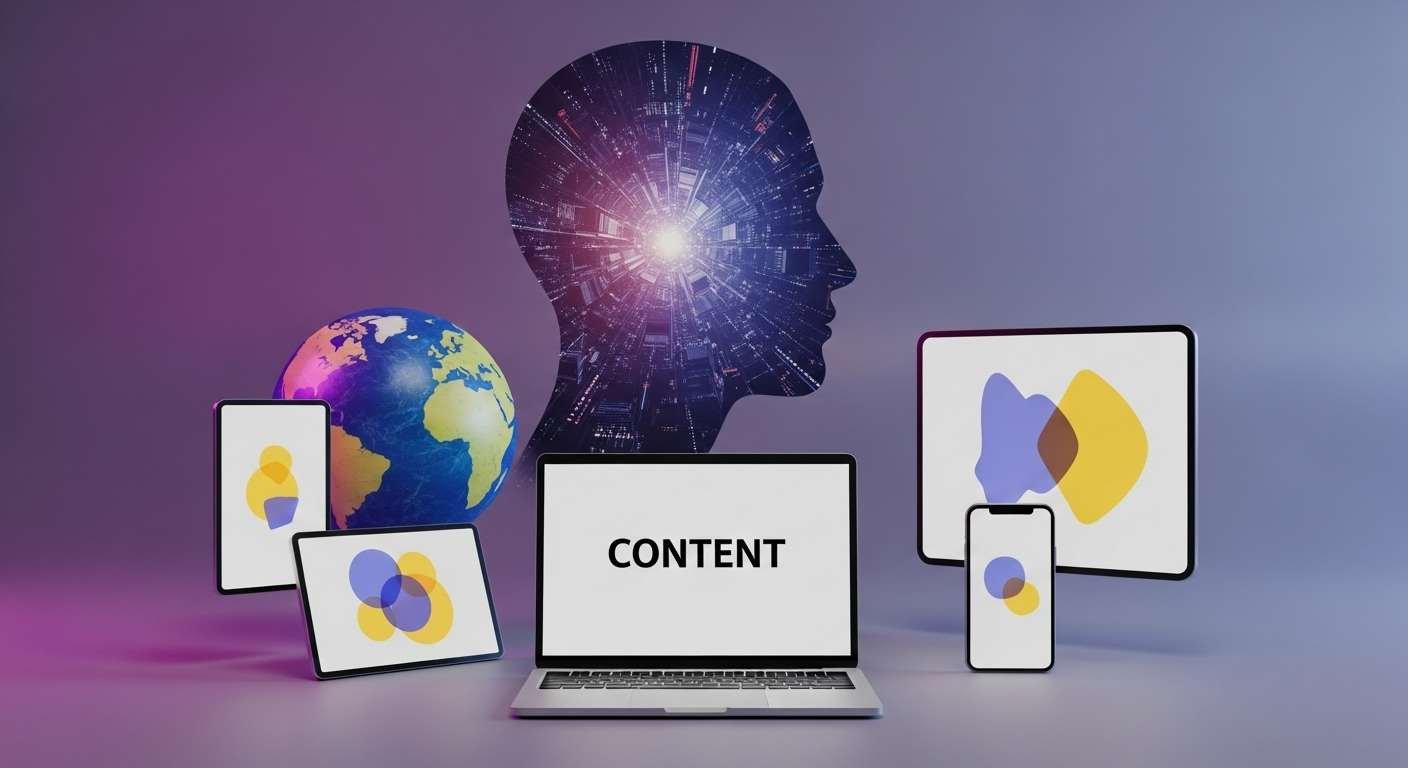Understanding the Role of a Special Education Coordinator
The role of a special education coordinator is a pivotal force within educational institutions, shaping the academic and emotional journeys of students with unique learning needs. Imagine walking through a school and observing the harmony of classrooms where every student receives tailored support. Behind this seamless experience is the strategic orchestration of a special education coordinator who ensures that individualized education programs (IEPs) are not only implemented but thrive. Their work is a blend of meticulous planning, empathetic engagement, and real-time problem solving. From liaising with teachers and parents to coordinating with therapists and external specialists, these professionals ensure that no child falls behind due to learning challenges. Their influence extends beyond academics, fostering self-confidence and resilience in students while shaping a culture of inclusion and equity across the institution.
Key Responsibilities and Daily Challenges
On any given day, a special education coordinator navigates a dynamic landscape filled with complex challenges and high-stakes decisions. They assess and monitor student progress, adjust teaching strategies, and coordinate resources to optimize learning outcomes. Picture a busy morning where the coordinator reviews progress reports, meets with teachers to troubleshoot classroom obstacles, and engages with parents to align on intervention strategies. Each interaction requires deep expertise, empathy, and the ability to make data-driven decisions that can significantly impact a student’s growth trajectory. Beyond routine administrative duties, coordinators often address unexpected crises, from behavioral challenges to urgent therapy needs. Their role demands a delicate balance of strategic oversight and hands-on involvement, ensuring that the educational experience for every student remains personalized, supportive, and adaptive to evolving circumstances.
Skills and Qualifications Required
Becoming an effective special education coordinator requires a rare blend of professional expertise, interpersonal skills, and emotional intelligence. Academic qualifications often include a master’s degree in special education or educational leadership, coupled with relevant state certifications. But technical knowledge alone is not enough. Coordinators must excel in communication, conflict resolution, and collaborative problem-solving. They need to interpret educational assessments, analyze behavioral patterns, and design interventions that align with each student’s unique needs. A successful coordinator also cultivates a culture of trust and empathy, ensuring that teachers feel supported, parents feel heard, and students feel valued. Real-world examples illustrate coordinators who have transformed struggling classrooms into thriving learning environments, demonstrating that a combination of rigorous training and genuine compassion is the secret to their impactful work.
Impact on Student Success and Development
The influence of a special education coordinator is profound, extending far beyond academic achievement. Students benefit not only from personalized instruction but also from enhanced social-emotional skills, self-esteem, and resilience. Consider a student with learning disabilities who, under the guidance of a skilled coordinator, transitions from frustration and disengagement to active participation and measurable progress. These coordinators design interventions that address specific challenges, whether in literacy, numeracy, or social interactions, fostering a sense of competence and independence. Studies show that schools with robust special education coordination demonstrate higher student retention, improved behavioral outcomes, and increased graduation rates. By bridging the gap between students’ potential and their current abilities, coordinators play a transformative role, ensuring that every child has the opportunity to flourish and contribute meaningfully to their community.
Collaboration with Teachers and Support Staff
Effective collaboration is the heartbeat of a special education coordinator’s daily responsibilities. They serve as a nexus between teachers, therapists, counselors, and administrative staff, ensuring that strategies are cohesive and responsive to student needs. Imagine a scenario where a teacher struggles to implement a new reading intervention; the coordinator steps in to provide guidance, resources, and practical techniques, turning theoretical strategies into actionable classroom solutions. This synergy not only improves student outcomes but also reduces teacher burnout by providing consistent support and professional development. Coordinators facilitate workshops, lead team meetings, and model inclusive teaching practices, creating an environment where all educators feel equipped to address diverse learning needs. The result is a collaborative culture that benefits students, strengthens staff capabilities, and ensures that no learner is left behind.
Utilizing Technology and Modern Tools
In the digital age, a special education coordinator leverages technology to enhance learning and streamline administrative tasks. From advanced data tracking systems to interactive educational software, these professionals integrate tools that personalize instruction and measure student progress accurately. For example, software that monitors reading fluency or behavioral patterns allows coordinators to adjust interventions in real time, ensuring timely support for students. Technology also facilitates communication with parents and external specialists, creating a transparent and responsive network around each learner. The savvy use of digital tools not only improves educational outcomes but also maximizes efficiency, allowing coordinators to dedicate more time to direct student engagement. In an era where data-driven insights guide decision-making, coordinators who embrace technology create a measurable impact, reinforcing the importance of modern expertise in special education leadership.
Challenges and Strategies for Success
While the role of a special education coordinator is rewarding, it is also fraught with challenges that require resilience, strategic thinking, and adaptability. Coordinators often navigate limited budgets, staffing shortages, and the pressures of regulatory compliance. Picture the complexity of implementing multiple individualized education programs simultaneously, each requiring precise documentation, consistent monitoring, and regular communication with parents and educators. Successful coordinators employ strategies such as prioritizing tasks, leveraging community resources, and fostering a strong professional network to overcome obstacles. They also embrace continuous professional development, staying abreast of the latest research and evidence-based practices in special education. By proactively addressing challenges, coordinators ensure that students receive uninterrupted support and that schools maintain high standards of educational excellence and inclusion.
Real-World Examples and Success Stories
Consider the story of a special education coordinator in a mid-sized urban school who implemented a holistic program for students with autism spectrum disorder. By coordinating therapy sessions, teacher training, and parent workshops, the coordinator transformed the academic experience for dozens of students. Test scores improved, social interactions became more positive, and families reported a profound sense of reassurance and partnership. Such examples illustrate the tangible impact coordinators have on the lives of students and their communities. These stories are supported by research from organizations such as the Council for Exceptional Children, highlighting that effective coordination improves both academic and emotional outcomes. By learning from these success stories, aspiring coordinators can adopt proven strategies, understand potential pitfalls, and create an environment where every student can achieve their full potential.
Licensing, Compliance, and Ethical Standards
A special education coordinator operates within a framework of legal, ethical, and professional standards designed to protect students’ rights and ensure educational quality. Coordinators must navigate compliance with laws such as the Individuals with Disabilities Education Act (IDEA), maintain meticulous records, and ensure that all interventions meet ethical guidelines. Licensing requirements vary by state but typically involve advanced degrees, specialized training, and ongoing professional development. Ethical practice also includes maintaining confidentiality, advocating for students’ best interests, and providing equitable access to resources. By adhering to these standards, coordinators not only uphold the integrity of the educational system but also build trust with families, educators, and regulatory authorities. This commitment to professional excellence reinforces the credibility and impact of coordinators, ensuring that every student’s educational journey is safe, supported, and fully empowered.
Why Investing in a Special Education Coordinator Matters
For schools and districts, investing in a special education coordinator is not just an operational decision – it is a strategic commitment to excellence and equity. Coordinators drive measurable improvements in student outcomes, teacher satisfaction, and parental engagement, creating a ripple effect that elevates the entire school community. Schools without dedicated coordination often face higher dropout rates, fragmented support, and disengaged students. Conversely, institutions with skilled coordinators report higher graduation rates, better behavioral outcomes, and a culture of inclusivity that attracts families and top-tier educators. The urgency to secure competent coordination cannot be overstated: every moment without a structured system leaves students at risk of falling behind. By acting now, educational leaders ensure that every student receives the personalized support they need to thrive academically, socially, and emotionally. For schools seeking to implement or upgrade their special education programs, contacting experienced coordinators and investing in professional development is an immediate step toward excellence. Take action today and transform your educational environment into a model of inclusive, high-impact learning.




